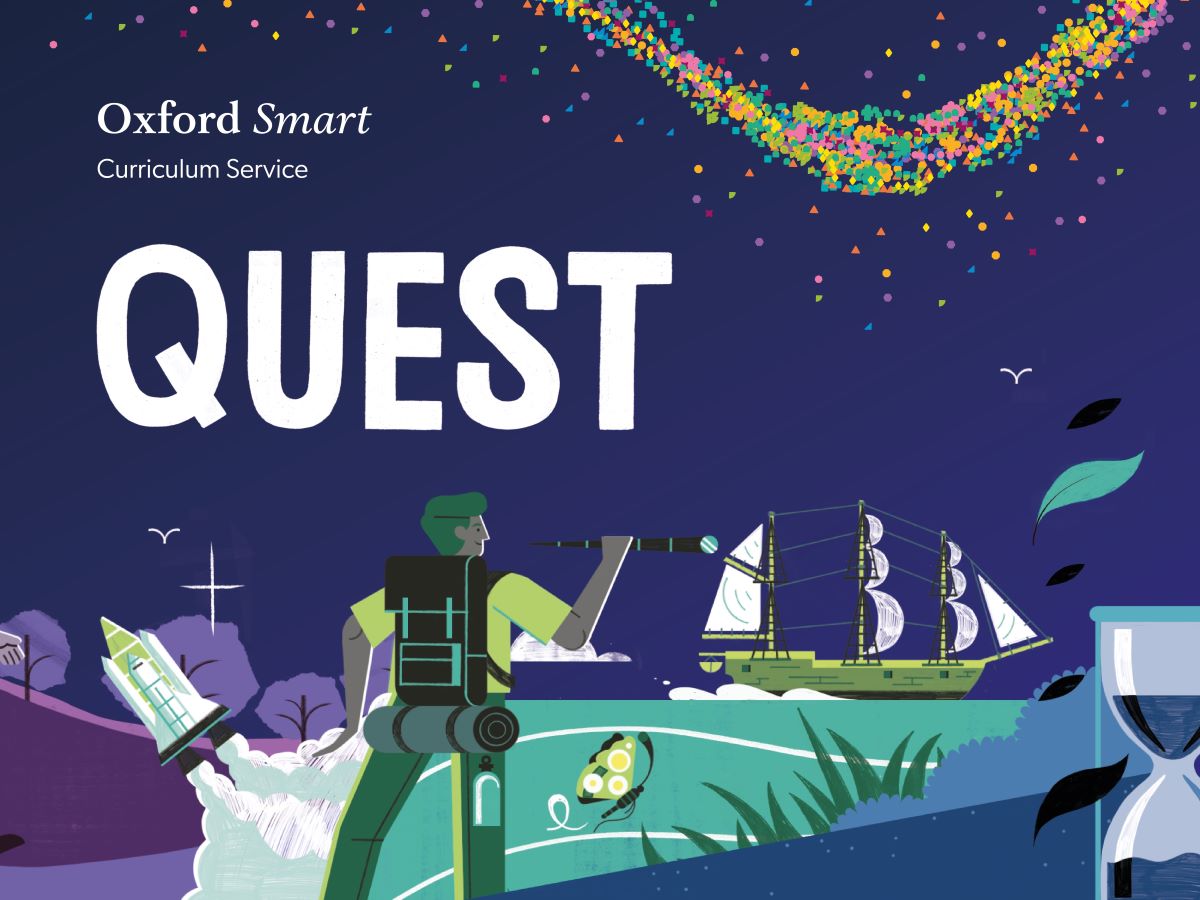
Haili Hughes reviews the Oxford Smart Quest as a high quality KS3 English curriculum suitable for busy teachers.
Read more
Haili Hughes reviews the Oxford Smart Quest as a high quality KS3 English curriculum suitable for busy teachers.
Read more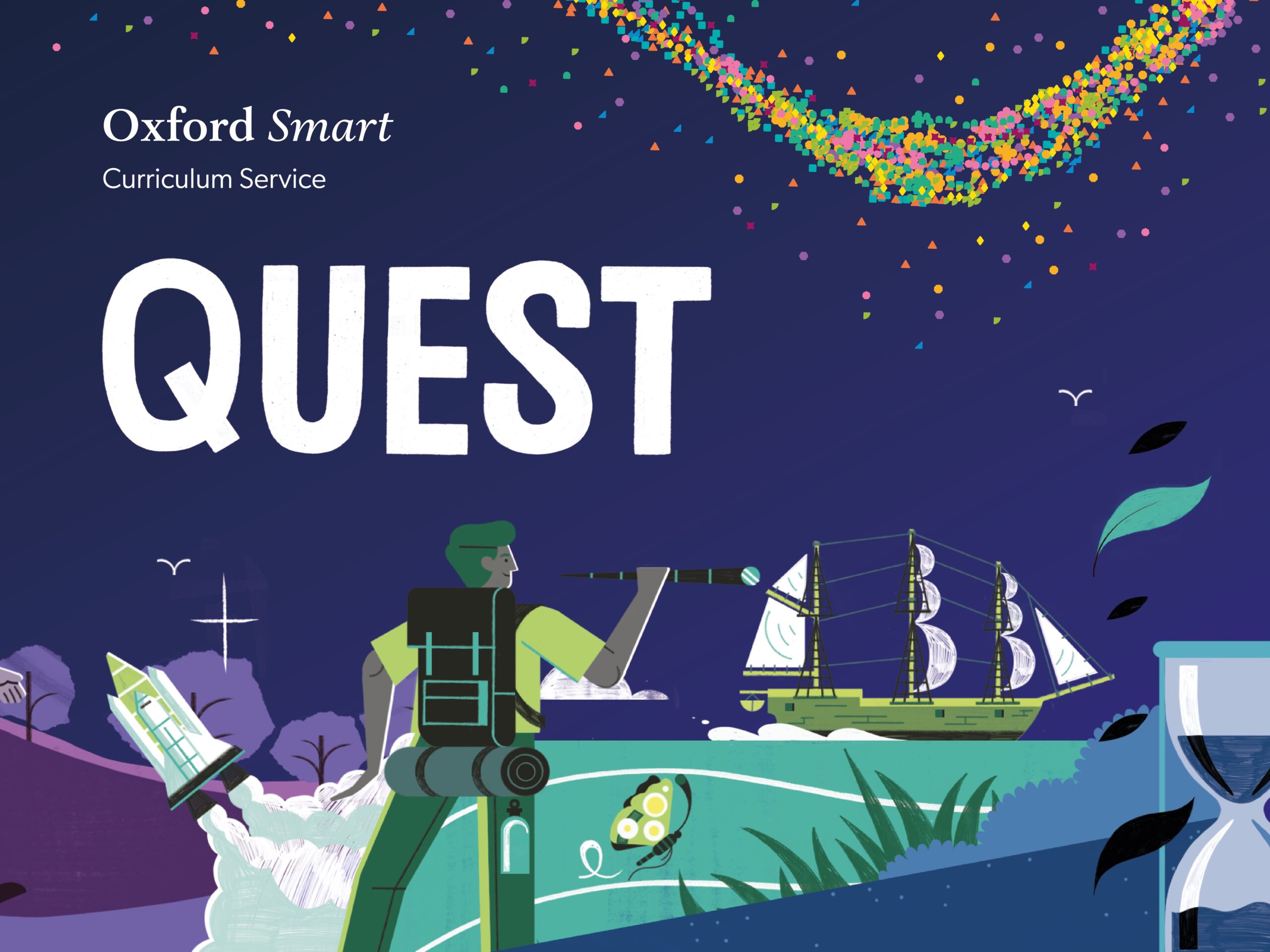
In our blog, literacy coordinator Thomas Hoole shares insight on how Oxford Smart Quest has made a difference in vocabulary development at Fisher More High School.
Read more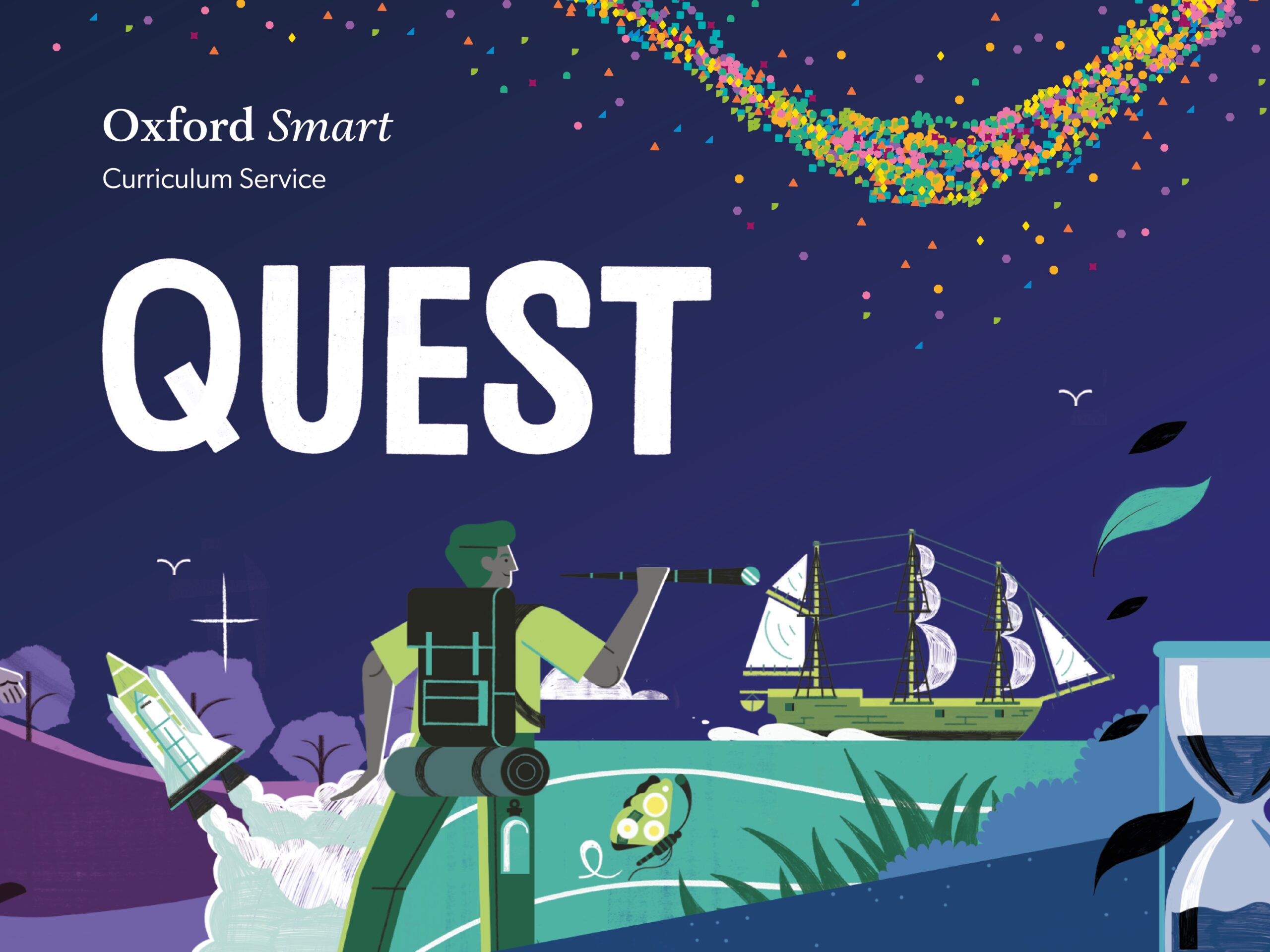
Discover how Oxford Smart Quest is inspiring awe and wonder to Key Stage 3 English classes at our Pioneer School, Hayling College, with diverse and engaging curriculum resources to motivate students to continue studying English at A Level and beyond. Read our blog to learn more.
Read more
Head of English Gaurav Dubay discusses the principles and parameters of implementing a strong KS3 English curriculum, with some helpful suggestions to adopt when planning an effective English curriculum at KS3.
Read more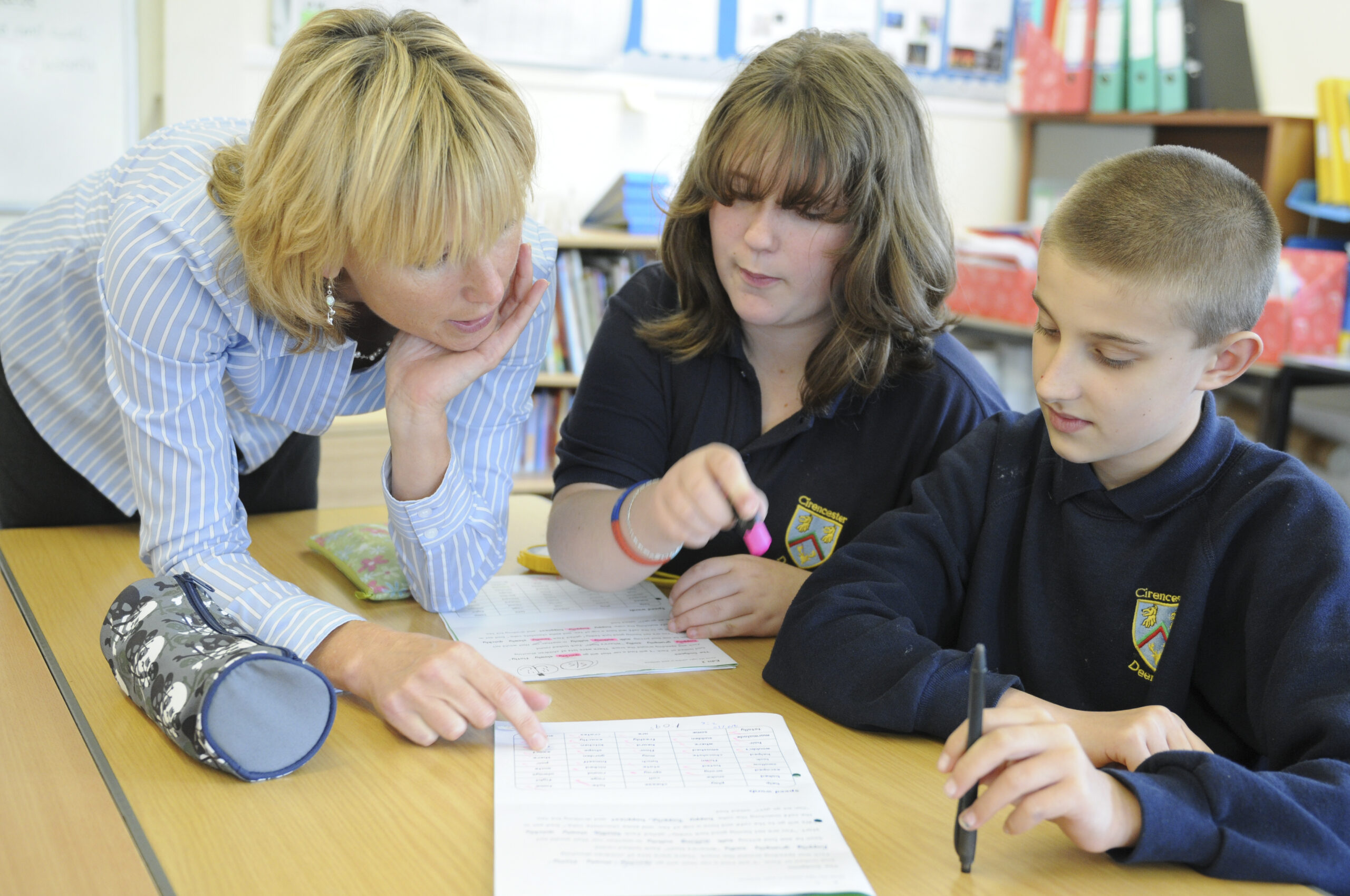
Alice Visser shares important strategies that secondary English teachers can implement in their classrooms to support struggling readers, with tips to improve reading ability and outcomes in secondary schools.
Read more
Rebecca Geoghegan explains how building coherence into the Oxford Smart English Curriculum allows teachers to tailor to the needs of students so they can sequence essential knowledge and skills needed for success.
Read more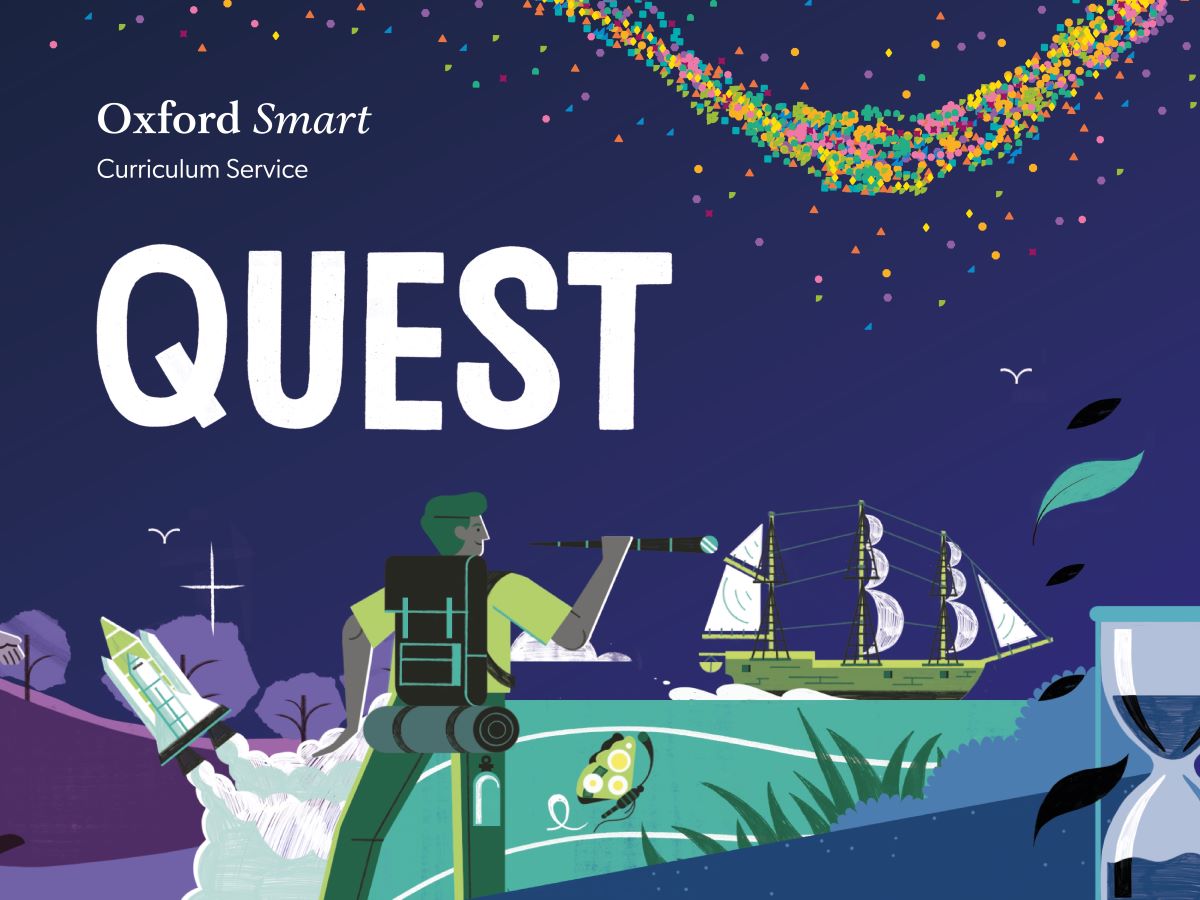
Jane Branson explains how Oxford Smart Quest delivers high expectations in English curriculum at KS3 programme using rich, diverse and engaging resources that translate into quality outcomes for every student.
Read more
Sarah Eggleton explains how metacognition is embedded into Oxford Smart Quest for KS3 English curriculum, empowering students to understand and identify the best learning strategy.
Read more
A brand new resource hub for Oxford Smart Quest, with blogs from series authors and pioneer schools about their experience with this innovative, evidence-informed English curriculum at KS3.
Read more
Oxford Smart Quest offers a consistent and coherent assessment structure that integrates seamlessly into the KS3 English curriculum helping both the learners and teachers.
Read more